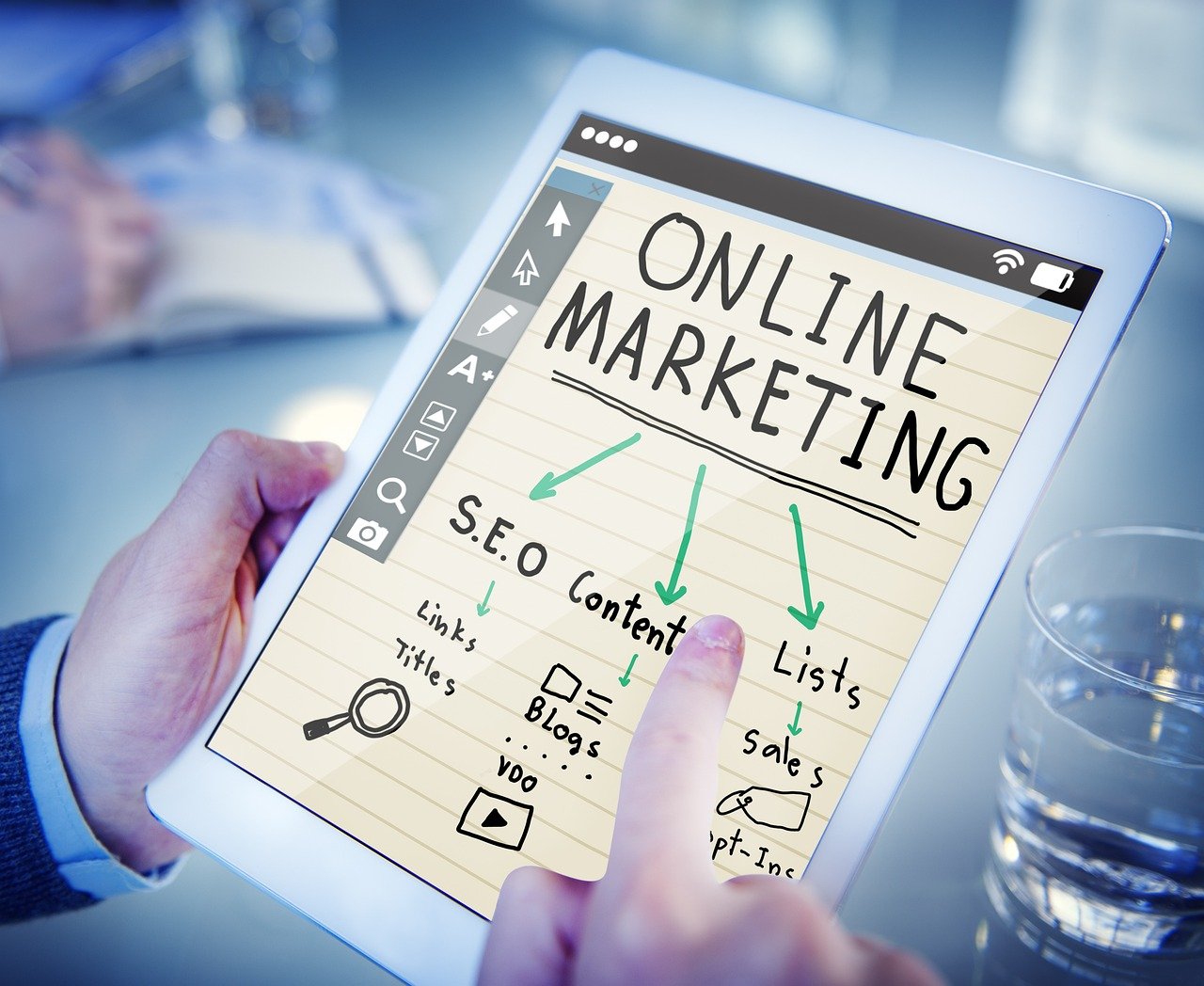In the fast-paced world of business, where time is a precious commodity, automated marketing has emerged as a game-changer. This technology leverages software to automate repetitive marketing tasks, enabling businesses to streamline their operations, improve efficiency, and maximize their return on investment. As companies increasingly seek ways to optimize their marketing strategies, automated marketing tools have gained significant attention. The relevance of this topic is underscored by the growing trend of digital transformation, where businesses must adapt to a competitive landscape defined by rapid technological advancements. However, the rise of automated marketing also brings forth various opinions and debates, particularly concerning its implications for job security and the authenticity of customer engagement.
Exploring the Facets of Automated Marketing
Automated marketing encompasses a range of strategies, including email campaigns, social media posting, customer segmentation, and lead nurturing. By utilizing tools such as HubSpot and Mailchimp, businesses can schedule communications, target specific audiences based on their behavior, and analyze campaign performance—all without manual intervention. This not only saves time but also enables marketers to focus on more strategic tasks.
One of the primary benefits is increased efficiency. A report by Salesforce indicates that organizations using automated marketing strategies can improve their operational efficiency by up to 30%. Furthermore, automation allows for personalized marketing experiences, which studies show can lead to higher conversion rates. However, critics argue that automation can lead to a lack of human touch, which might alienate customers. Forbes discusses the importance of finding a balance between automation and personal engagement, emphasizing the need for brands to maintain authenticity while utilizing automated tools.
Implications on Society and Industry
The implications of automated marketing are far-reaching. For businesses, it can lead to better customer insights and improved decision-making. However, it also raises questions about the future of jobs in marketing, as automation could reduce the need for human labor in certain areas. According to a study by McKinsey, up to 800 million global workers could be displaced by automation by 2030, sparking debates about the ethical considerations of these technologies.
Challenges and Considerations
Despite its advantages, automated marketing presents several challenges. One major concern is data privacy. With stricter regulations like the General Data Protection Regulation (GDPR) in Europe, businesses must navigate complex legal landscapes when handling customer data. A survey by Econsultancy highlights that 54% of marketers are worried about complying with data privacy regulations.
Another critical debate revolves around the effectiveness of automated versus traditional marketing. While automation can enhance efficiency, some argue that it may not be as effective in creating meaningful customer relationships. Furthermore, reliance on automated systems raises questions about the accuracy of customer targeting and the potential for alienating certain demographics.
Future developments in automated marketing will likely focus on integrating artificial intelligence to enhance personalization and customer interaction. However, unresolved questions remain regarding the ethical implications of AI in marketing practices.
Case Studies or Real-world Applications
Several companies have successfully implemented automated marketing strategies to improve efficiency and save time. For instance, Starbucks utilizes automated email campaigns to send personalized offers to customers based on their purchase history. This strategy not only enhances customer engagement but also drives sales during specific promotional periods.
On the other hand, a small business, XYZ Corp, faced challenges with automation. While they successfully automated their email marketing, they noticed a decline in customer responses, highlighting the need for a human touch in their communications. This case illustrates that while automated marketing can lead to efficiencies, businesses must continually assess the impact on customer relationships and engagement levels.
Conclusion
In conclusion, automated marketing presents a multifaceted approach to enhancing efficiency and saving time in business operations. While it offers numerous benefits, including increased efficiency and improved customer targeting, it also poses challenges related to data privacy, job displacement, and the potential for depersonalization. The ongoing conversation around automated marketing reflects the complexity of balancing technological advancements with ethical considerations and customer relationships. As the marketing landscape evolves, so too will the strategies and practices that define it.
Q&A Section
1. What is automated marketing?
Automated marketing involves using software to perform repetitive marketing tasks, such as sending emails, posting on social media, and segmenting customer lists, with minimal human intervention. Learn more here.
2. How can automated marketing save time?
By automating repetitive tasks, businesses can reduce the time spent on manual processes, allowing marketing teams to focus on strategic initiatives. For example, automated email campaigns can be scheduled in advance, ensuring consistent communication without ongoing effort.
3. What are the potential drawbacks of automated marketing?
While automation can enhance efficiency, it may lead to a lack of personal engagement, which can affect customer relationships. Additionally, compliance with data privacy regulations is a significant concern for marketers.
4. Can small businesses benefit from automated marketing?
Absolutely! Automated marketing can help small businesses streamline their marketing efforts, target specific audiences, and analyze campaign performance, making it a valuable tool for growth.
5. What are the future trends in automated marketing?
Future developments may include greater integration of artificial intelligence for personalized marketing, enhanced data analytics for better targeting, and more sophisticated automation tools to improve customer engagement.
For readers interested in exploring automated marketing further, consider checking out these resources: Forbes, Salesforce, Econsultancy, and McKinsey.
If you or someone you know is in need of business consulting or digital marketing services like PPC, SEO, or website building, check out our services to learn how we can help your business thrive.
For further exploration of digital disruption or if you require business consulting or digital marketing services, visit our services page at Business Mold. Whether it’s PPC, SEO, or website building, we are equipped to elevate your business in the digital age.




